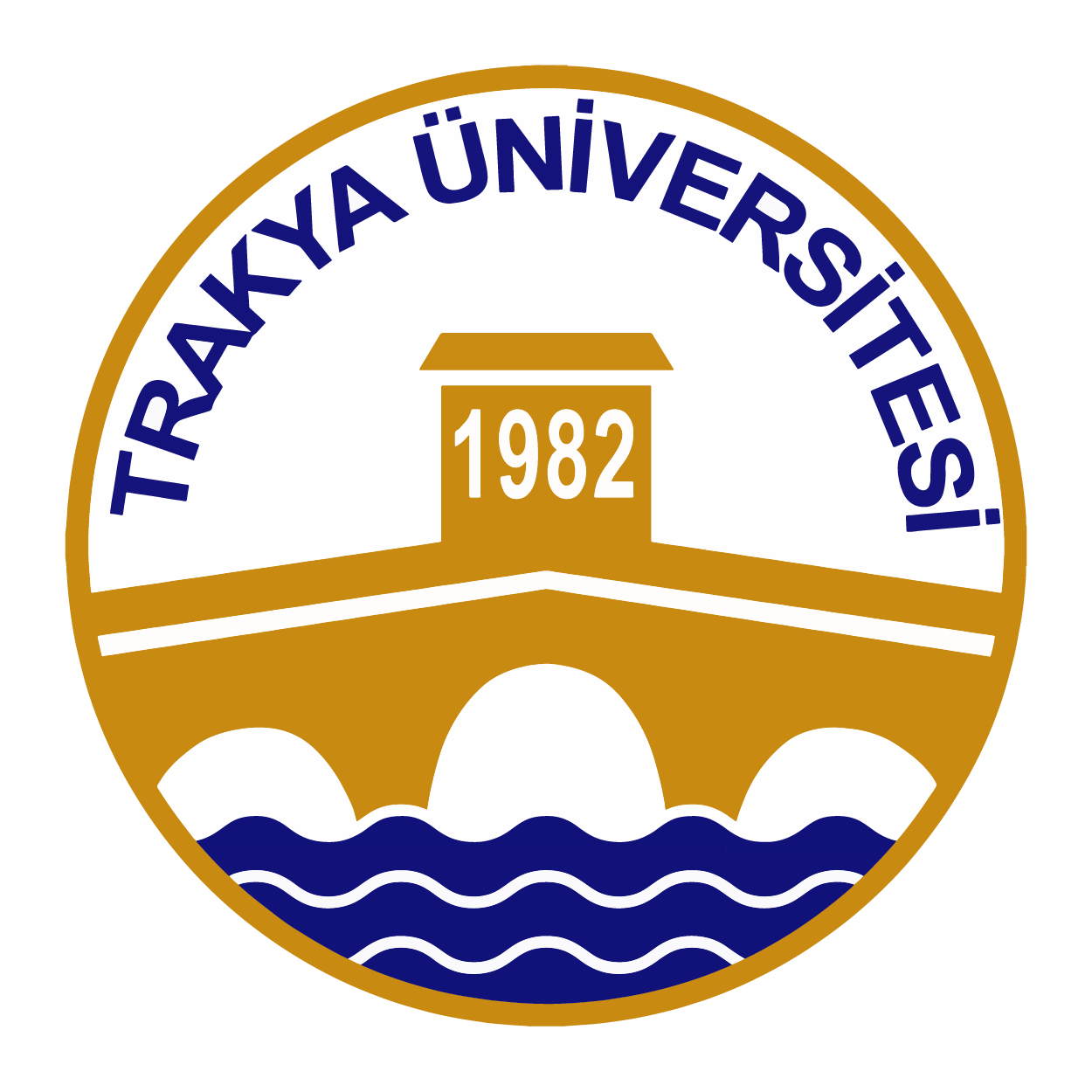ABSTRACT
Artificial intelligence, which is designed by imitating certain aspects of human intelligence and used in many fields today, is a popular research area with the potential to fulfill the basic functions of human beings in a wide range from simple machines to complex systems. One of the areas of use of artificial intelligence is education. Since the early 21st century, the transformation in education has accelerated in parallel with the development of artificial intelligence technologies. As a matter of fact, artificial intelligence is now widely used in education to improve and personalize learning processes. Studies reveal that artificial intelligence has significant potential in various areas such as personalizing learning processes through adaptive learning platforms, tracking student performance in real time, and providing specific recommendations to students by identifying learning difficulties. The existing literature shows that artificial intelligence is becoming increasingly important in education and will play a central role in future education systems. In this context, this study examines the current applications and future potential of artificial intelligence in education. In this study, intelligent tutoring systems, expert systems and dialog-based tutoring systems, which are among the most important applications of artificial intelligence technologies in education, are examined in detail. The basic components, working principles, advantages and disadvantages of these systems are discussed together with current examples. In the light of this information, it is predicted that artificial intelligence technologies will become more widespread in education and will become a fundamental part of education systems in the future.



